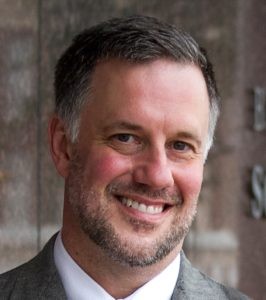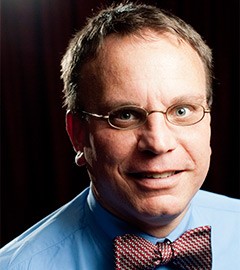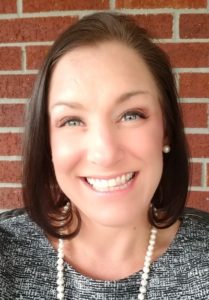Survivors of clergy sexual abuse and experts from across the country traveled to Maine March 29 to support legislation making it a crime for clergy members to abuse their positions of trust to have sexual relations with adults.
An Act To Protect the Public from Clergy Sexual Abuse, LD 913, would make it a crime punishable by five years’ imprisonment and up to a $5,000 fine for a member of clergy in any religious denomination “in a position of trust or authority” over another person to cause that individual “to submit to or participate in [a] sexual act by exploiting the person’s emotional dependency.” Thirteen states and the District of Columbia have similar laws already on the books.

David Pooler
“Every state needs to criminalize clergy-perpetrated sexual abuse,” David Pooler, a professor of social work at Baylor University in Waco, Texas, testified before the Criminal Justice and Public Safety Committee in the Maine Legislature.
Four years ago Pooler surveyed 280 survivors of sexual abuse perpetrated by clergy. Just 4 percent of women say their abuser was prosecuted, he said, and most knew they were not the only victim. Too often, he said, abusive clergy are moved to another church only to harm again.
“There is no other profession that works with people where the practitioner could be sexual with a client or patient and walk out and call it an affair, ask to be forgiven and continue to practice,” Pooler said.
Boz Tchividjian, executive director of GRACE, said in written testimony that Maine already makes it a crime for a therapist to engage in sexual contact with a patient, recognizing that the therapist/patient relationship relies on deep trust. The therapist possesses knowledge regarding the patient’s struggles, weaknesses and secrets, he said, placing the therapist “in a position of profound power” over the patient.

Boz Tchividjian
The same dynamics exist between a member of clergy and an individual in his or her care, Tchividjian said, with the added dimension that many people view their ministers as representing God. That not only gives the pastor “almost unfettered power” over the victim, he said, but if discovered makes it easier for abusive clergy to paint themselves “as the unsuspecting victim while vilifying the true victim as either crazy, the aggressor or a number of other dehumanizing labels.”
Jules Woodson of Colorado Springs, Colorado, said that is what happened to her when at age 17 she reported she had been sexually assaulted by her youth pastor.
“I was immediately blamed and silenced while my abuser was supported and protected,” Woodson said. “Law enforcement was never notified and the abuse was effectively covered up.”

Jules Woodson
Twenty years later, Woodson said, she found the courage in January 2018 to make a police report and to tell her story publicly. Within days the story made international headlines, she said, when the former youth pastor, then a pastor at a megachurch in Tennessee, admitted to a “sexual incident” and received a standing ovation.
“How could a pastor admit to sexually assaulting a minor in his care and be applauded?” Woodson asked lawmakers. “Unfortunately, this is the reality we live in. When sexual abuse occurs in the religious world, cheap grace and forgiveness is leveled as an excuse to protect and defend clergy who abuse their position of trust and authority to prey on the vulnerable, with zero regard for accountability.”

Ashley Easter
Ashley Easter from North Carolina, an organizer of last year’s For Such at Time as This Rally outside the Southern Baptist Convention annual meeting in Dallas, said when abused by her grandfather/pastor at age 4 she didn’t know how to “say no” to someone said to be speaking for God.
“Now, as an ordained reverend myself, I believe that it is my sacred duty and the duty of all clergy to protect the vulnerable, to use our titles and privileges to bless and not harm or abuse the trust of those in our care,” Easter said. “I believe all clergy should be held to the highest moral standards, and that any who would dare to abuse the office the clergy to harm a vulnerable person should also be held legally responsible for their destructive actions.”
Previous stories:
Abuse survivors, activists to rally ‘for such a time as this’ a second time
Victim to church: Sexual assault is not a sin. It’s a crime.
Advocates seek transparent probe into alleged abuse failures by SBC
